How macroalgae can support young animal health
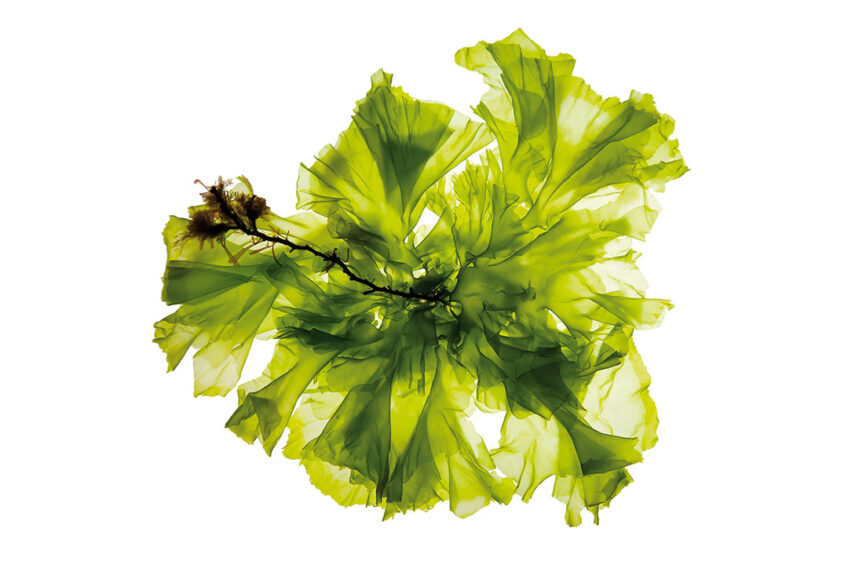
As a first line of immune defence, young animals mainly depend on their innate immune system and the transfer of maternal immunoglobulins through colostrum and milk in mammals and egg yolk in poultry. Macroalgae has the potential to support the development of the immune system and gut integrity in young animals.
The time period during which maternal antibodies decline and the adaptive immune response is still developing constitutes a critical gap in immune protectiveness that puts young animals at risk by rendering them highly vulnerable to infectious agents and intestinal disorders. One of the most important sites in the animal body from an immunological point of view is the intestinal mucosa. Consequently, its development towards a healthy gut with a high degree of integrity and functional immune response in early stages of life will determine health and performance in later productive stages. Recent research has pointed out the potential of in-feed marine macroalgal polysaccharides as reliable agents for immune modulation and gut integrity promotion in young animals.
Macroalgal extracts specificity
Parietal polysaccharides of seaweeds or macroalgae present structural complexity and a unique composition that confer them high reactivity and explain their biological properties when used in animals. The complexity and biological reactivity of seaweed polysaccharides derive from the nature of the sugar units, which are diverse and sometimes rare, like uronic acids, xylose and rhamnose; the variety of glycosidic bonds leading to their branched structure and the presence of sulphate groups. Furthermore, their polyanionic structure and solubility increases their reactivity and facilitates their recognition by host cells. Sulphated polysaccharides are characteristic of macroalgae (they are not found in terrestrial plants, nor freshwater microalgae or yeast cell walls).
Olmix Group (France) innovative technology and marine bioactive ingredient extraction know-how lead to the development of an in-feed product, Algimun, which is based on the combination of two biologically active macroalgal extracts: MSP Immunity, a green algal extract, which constitutes an innovative modulating agent; and MSP Barrier, a red algal extract, which enhances the barrier function of the intestinal mucosa (Figure 1).
Figure 1 – Mode of action of MSP Barrier and MSP Immunity.

Reinforcing gut barrier and immune functions
Olmix Group conducted a set of experiments in collaboration with Intestinal Biotech Development (France, 2017) in order to assess the effect of MSP Barrier on the integrity of intestinal epithelial cell lines. Results showed that this red macroalgal extract upregulates the gene expression of transmembrane and scaffolding proteins which are essential for optimal functioning of tight junction complexes; and of mucin targeted genes that have crucial tasks in the establishment of the mucus layer and the prevention of pathogen colonisation. This red macroalgal extract strengthens gut integrity as observed by an increase in trans-epithelial electrical resistance (TEER) in IPEC-1 cell line incubated with an E. coli K88 1305. These findings were corroborated in an in vivo scientific study in which a reduced paracellular passage of FITC-dextran (gut integrity marker) to the blood in an animal stress model known to induce inflammation of the intestinal mucosa was observed.
A research project in collaboration with INRAE, France, led to the demonstration of the effect of MSP Immunity on immune mediators’ transcription in porcine in vitro models (IPEC-1 cell line), including the identification of the metabolic pathways involved in this activation. Berri et al. (2016) first highlighted that this green macroalgal extract could influence the gene transcription of a broad array of immune mediators (cytokines) involved in defence mechanisms within the innate and the adaptive immune response, among others, the recruitment and activation of antigen-presenting cells, the differentiation and proliferation of different populations of lymphocytes, while inducing immune tolerance thanks to its anti-inflammatory properties, thus raising interest for its use as an immunomodulating agent. Further scientific research in poultry models demonstrated ability of this green macroalgal extract to enhance the pathogen neutralising activities of monocytes and heterophils.
Effects of a macroalgal extract combination
In piglets
The benefits of Algimun use in early stages of the production cycle were assessed in commercial conditions. Weaning is a multi-factorial stressful period associated with intestinal inflammation, loss of barrier function and high diarrhoea occurrence. The inclusion of this macroalgal extract combination in piglet pre-starter and starter feeds resulted in a lower inflammatory status (-16% haptoglobin level), a significantly lower percentage of animals needing veterinary treatments related to enteric disorders (-57%, P<0.01,>Figure 2) and subsequent improvement of performance (+300g of body weight at the end of the trial); rendering a high profitability: ROI = 3:1. </0.01,>
Figure 2 – Veterinary treatments needed during transition period (%) – (Pigs from 21 to 64d).

In broilers
The inclusion of this macroalgal extract combination in broiler feed especially in the starter and grower phases, where pressure is at its highest, has a positive effect on health parameters and growth performance. As seen by a reduction in the stress status by a decreased heterophil to lymphocyte ratio during the first weeks of life which indicates a swift towards adaptive immune response and reinforces mucosal immune function (higher level of immunoglobulin A). The use of this macroalgal extract combination in commercial conditions in more than 400,000 broilers (France) led to an improvement of growth rate (+ 2.3% ADG, -1.8 FCR, +3% PEF) and lower mortality rate (-4.5%) when compared to the control animals with a net benefit for the integrator of +0.03€ /broiler.
In short, red and green macroalgal extracts can be used as a natural in-feed strategy to promote health and technical performance by reinforcing the gut barrier function and supporting the development of the immune system in young animals.
References available on request
The For Feed Team can be reached at animalcare.pm@olmix.com.
Author:
María García Suárez, For Feed Product Specialist, Olmix Group
 Beheer
Beheer


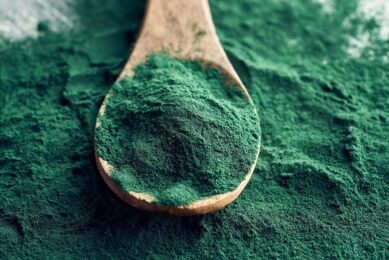
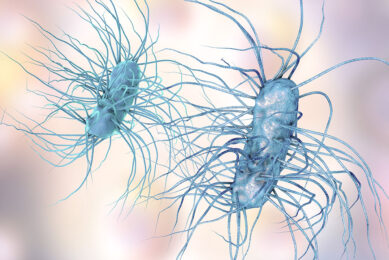
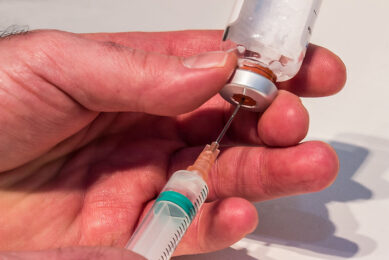
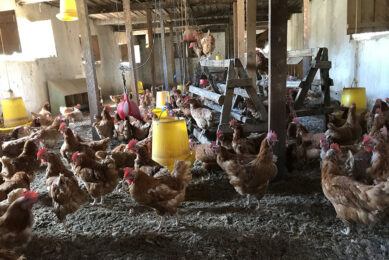
 WP Admin
WP Admin  Bewerk bericht
Bewerk bericht